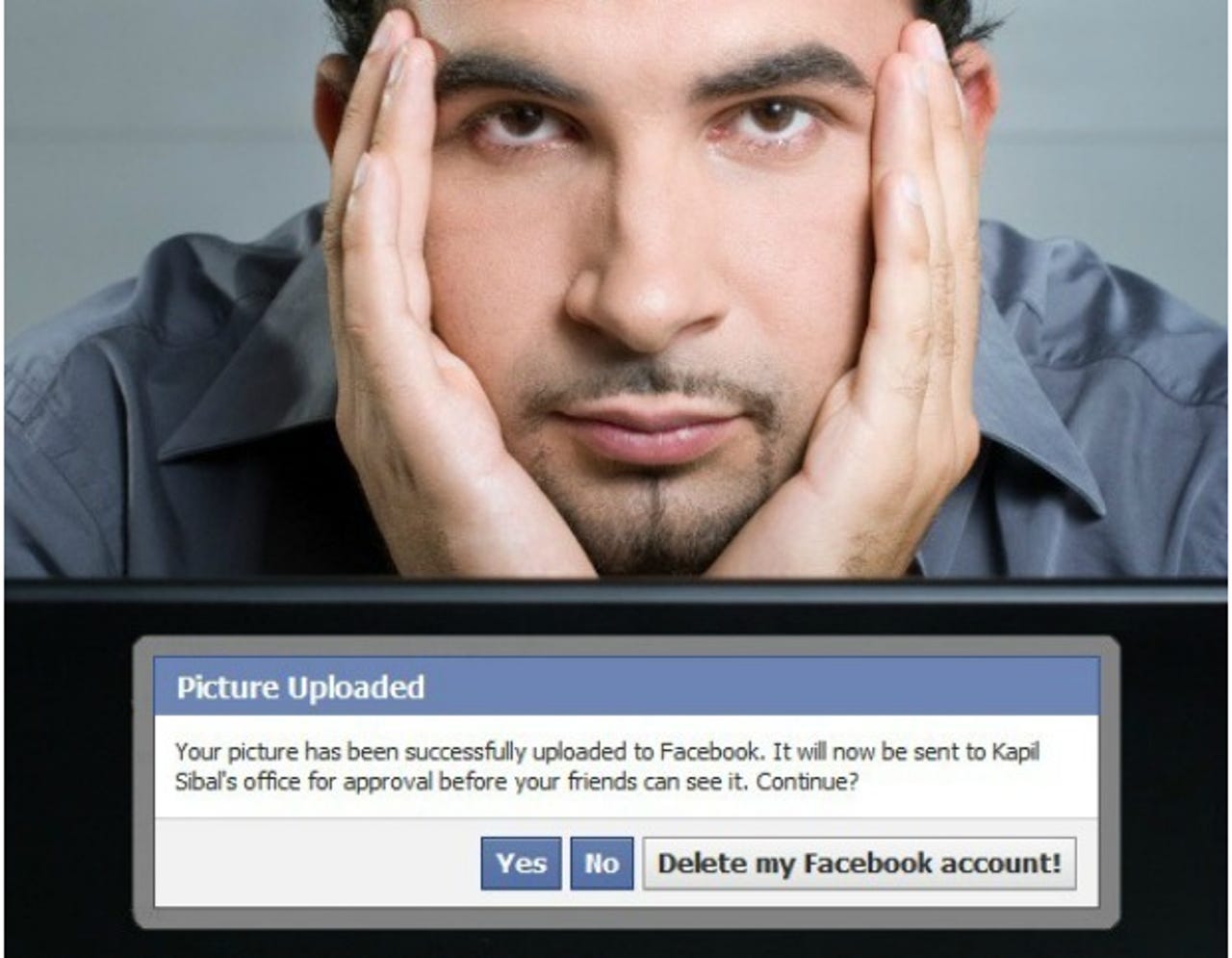Facebook tells India it won't help censor the Web

Indian Communications and IT minister Kapil Sibal yesterday announced a proposal to have technology companies like Microsoft, Facebook, Google, and Twitter pre-screen user generated content so that community sentiments are not hurt. Social media platforms are being asked to censor whatever politicians deem objectionable and too offensive for the Internet. Sibal called a news conference when the story broke, and following it, Facebook responded to say that it can't help in the effort.
"We will remove any content that violates our terms, which are designed to keep material that is hateful, threatening, incites violence or contains nudity off the service," a Facebook spokesperson said in a statement. In other words, the social networking giant is not planning on changing its parameters to include all the content the Indian government has a problem with. Palo Alto will continue to remove content that breaks its own rules, but it will go no further.
The Indian government has presented a draft framework on what it doesn't want on the Internet. Although India is democratic, the world's largest democracy in fact, Sibal is asking companies to help him filter the Internet because the country has several religions and faiths. He argues what might seem humorous to someone can be really offensive to another and he wants to avoid further incidents of communities taking to the streets and vandalizing public property.
Sibal also says satirical representations of public figures are acceptable, but they should not disturb the communal harmony. He showed company executives derogatory images of the Prophet Mohammed as well as altered pictures of Indian Prime Minister Manmohan Singh and Congress Party chief Sonia Gandhi that appeared on their platforms. He argued these images would offend "any reasonable person."
Sibal has been widely criticized for devising a policy and a framework to screen content that is being uploaded to social media websites. There has been a huge public outcry in response to his statements; the image above, which is spreading quickly on Facebook, Twitter, and blogs, is just an example.
See also:
